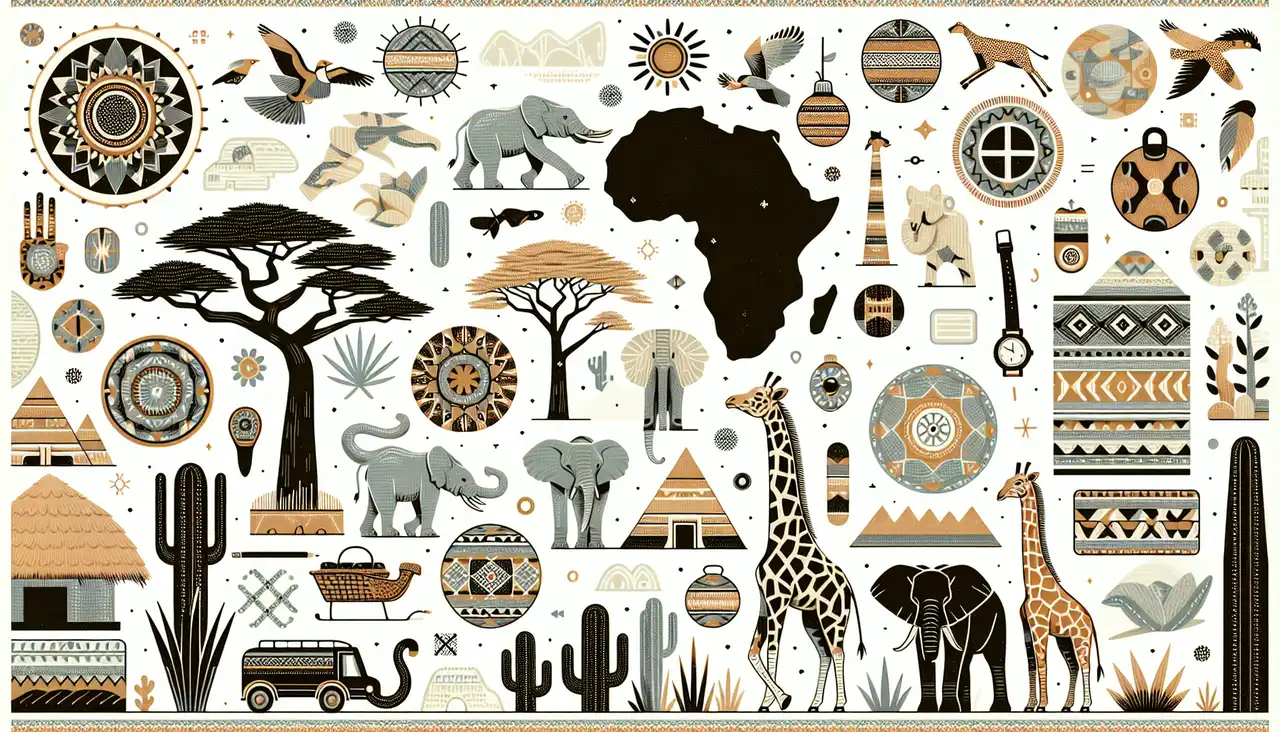

Bryan Carter
Dr. Bryan Carter is an esteemed Associate Professor at the University of Arizona, where he contributes significantly to the field of Africana Studies. With a PhD from the University of Missouri-Columbia, Dr. Carter has carved a niche for himself in the realm of African American literature, particularly focusing on the vibrant and transformative period of the Harlem Renaissance. His scholarly pursuits are deeply rooted in the intersection of digital humanities and literature, where he employs advanced visualization techniques to enhance student engagement and retention in literature courses. As the Director of the Center for Digital Humanities, Dr. Carter has been at the forefront of integrating technology into the humanities. His pioneering work on Virtual Harlem, a groundbreaking virtual reality environment, has garnered widespread acclaim and has been instrumental in demonstrating the potential of digital tools in humanities research and education. This project stands as a testament to his innovative approach and commitment to expanding the boundaries of traditional literary studies. Dr. Carter's influence extends beyond his research, as he is renowned for his dynamic teaching methods that incorporate digital culture into the classroom. His ability to adapt to generational learning styles and leverage platforms like Second Life has made him a sought-after educator and mentor. He has also been actively involved in faculty development, conducting workshops that equip educators with the skills to integrate digital humanities into their curricula effectively. Throughout his career, Dr. Carter has published numerous articles that reflect his dedication to exploring the synergies between technology and education. His work not only enriches the academic community but also inspires a new generation of scholars to embrace digital tools in their exploration of African American literature and culture. His contributions continue to shape the discourse around technology in education, making him a pivotal figure in the ongoing evolution of humanities scholarship.
Publications
, 179-186, 1995-02-01
, 138-139, 2022-09-21
, 103-106, 2020-02-01
